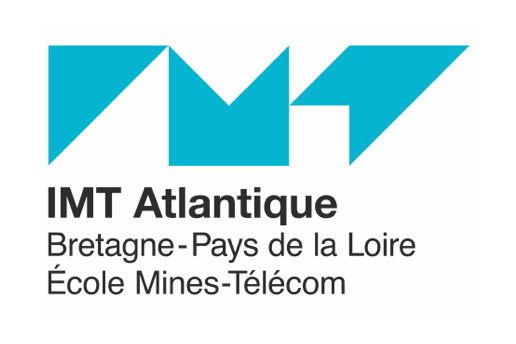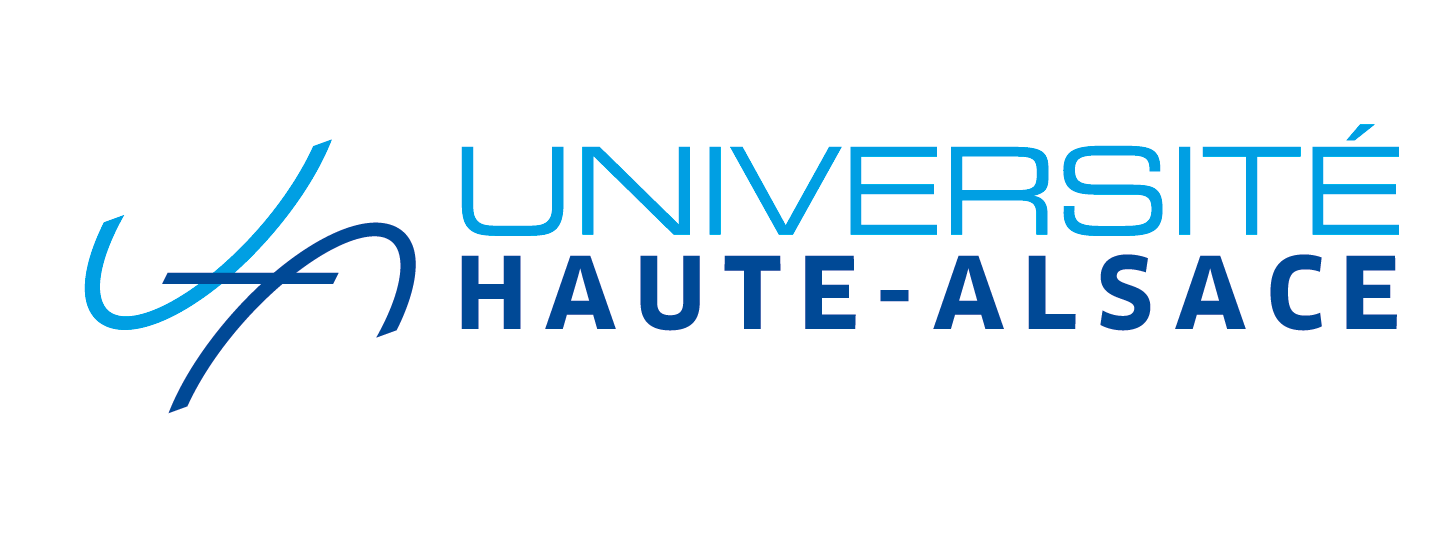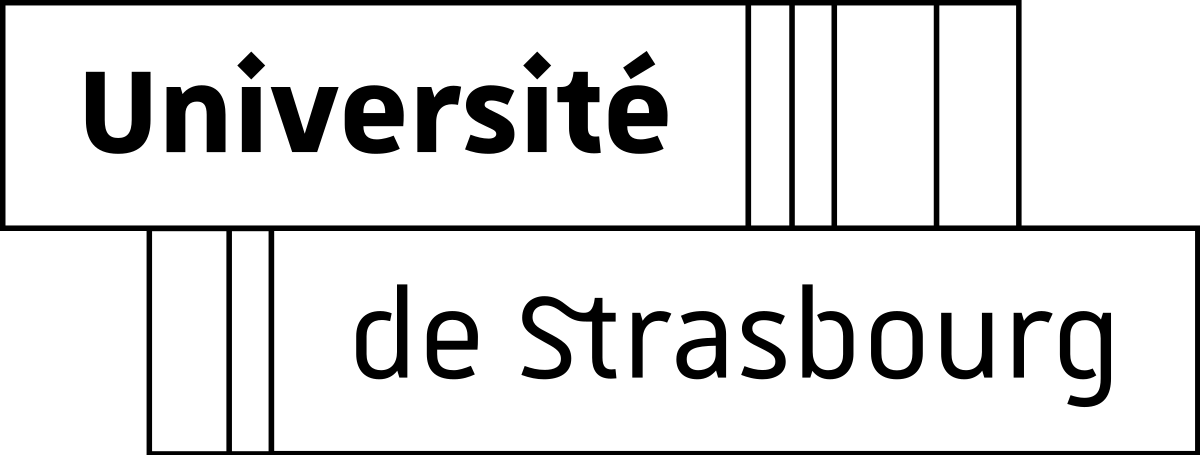
The MoleculArXiv PEPR
Research Programme
Officially launched in May 2022, the exploratory MoleculArXiv research programme is funded by France 2030, as part of government support for fundamental research.
€20 million budget over 9.5 years will enable to tackle numerous scientific challenges in order to invent new devices for mass data storage on a molecular medium, using both DNA and artificial polymers..
The government has entrusted the CNRS with the scientific management of this PEPR, which is operated by the ANR.
In order to manage this programme on behalf of the entire French scientific community involved and to guarantee the quality and innovation of the work, a multi-level governance structure has been defined:
- An executive committee (COMEX), made up of the scientific leaders of the targeted projects, responsible for decisions relating to the operation of the PEPR, scientific coordination and calls for projects
- An institutional strategic committee (CSI), made up of representatives of the main organisations involved in the PEPR, responsible for monitoring and validating the PEPR’s research areas
- A scientific council (CS), made up of international experts, advises the COMEX on the direction of research strategies
This PEPR aims to place France at the forefront of the coming revolution in DNA data storage, which is expected to be a transformative force for the economy within the next decade.
One of the main expected impacts will be the creation of fertile ground in which DNA data storage can flourish, thanks to a dynamic scientific community that will deliver high-impact results and a new generation of researchers and scientific leaders in the field of molecular data storage.
Events (workshops and summer schools) will also be organised to strengthen collaboration between French laboratories in this field, where scientists’ skills will be showcased in an emerging area of research with a strong environmental component, where one of the objectives is to develop a credible alternative to the use of energy-intensive data centres.
Four targeted projects were launched at the end of 2022 to conduct multidisciplinary research in chemistry, computer science, microfluidics, nanotechnology and biology, which is necessary to achieve the PEPR’s objectives.
The four targeted projects
The first will design next-generation DNA synthesis technologies.
The second targeted project will make storage efficient by studying different compression strategies developed specifically to take into account the physical and chemical characteristics involved in writing and reading DNA.
The third targeted project will seek to generalise the storage of information on synthetic (non-DNA) polymers.
Finally, the aim of the fourth targeted project will be to make molecular storage practical, safe and exploitable.
Three new projects joined the programme at the end of 2025 following a call for proposals.
The three new associated projects
SCALE: will design a high-density CMOS platform for large-scale DNA writing.
PEPSISCO: will study information storage on peptides via spin correlations as an alternative medium.
OPTOPOLYSEQ: will focus on the optical sequencing of digital polymers as a new avenue for molecular storage.
Scientific expectations of the MoleculArXiv Research Programme
In a competitive international context, the MoleculArxiv PEPR aims to invent future data storage devices based on molecular media, DNA and artificial polymers, not only by working on the parallelisation of synthesis devices, but above all by discovering new molecules and information technologies to accelerate the synthesis of media, their encoding and decoding, and by exploring various molecular media.
This research programme challenges the scientific teams involved to achieve a number of objectives:
- Increase synthesis speed while reducing costs and developing new solutions for mass data storage
- Develop new tools to manage and secure DNA databases
- Accelerate the development of new codes, new algorithms and new strategies
- Build a DNA storage demonstrator
- Provide institutional archives with a concrete vision of the challenges and opportunities associated with DNA data storage
- Obtain foundational patents in the field of molecular data storage
Ecosystem
A total of twenty-seven scientific units are involved in the different projects of the programme. The unique feature of this programme, which is also its strength, is the interconnection between these projects. This encourages interaction between the different units, which conduct multidisciplinary research in fields as varied as chemistry, computer science, microfluidics, nanotechnology and biology, all of which is necessary to achieve the programme’s ambitions.













